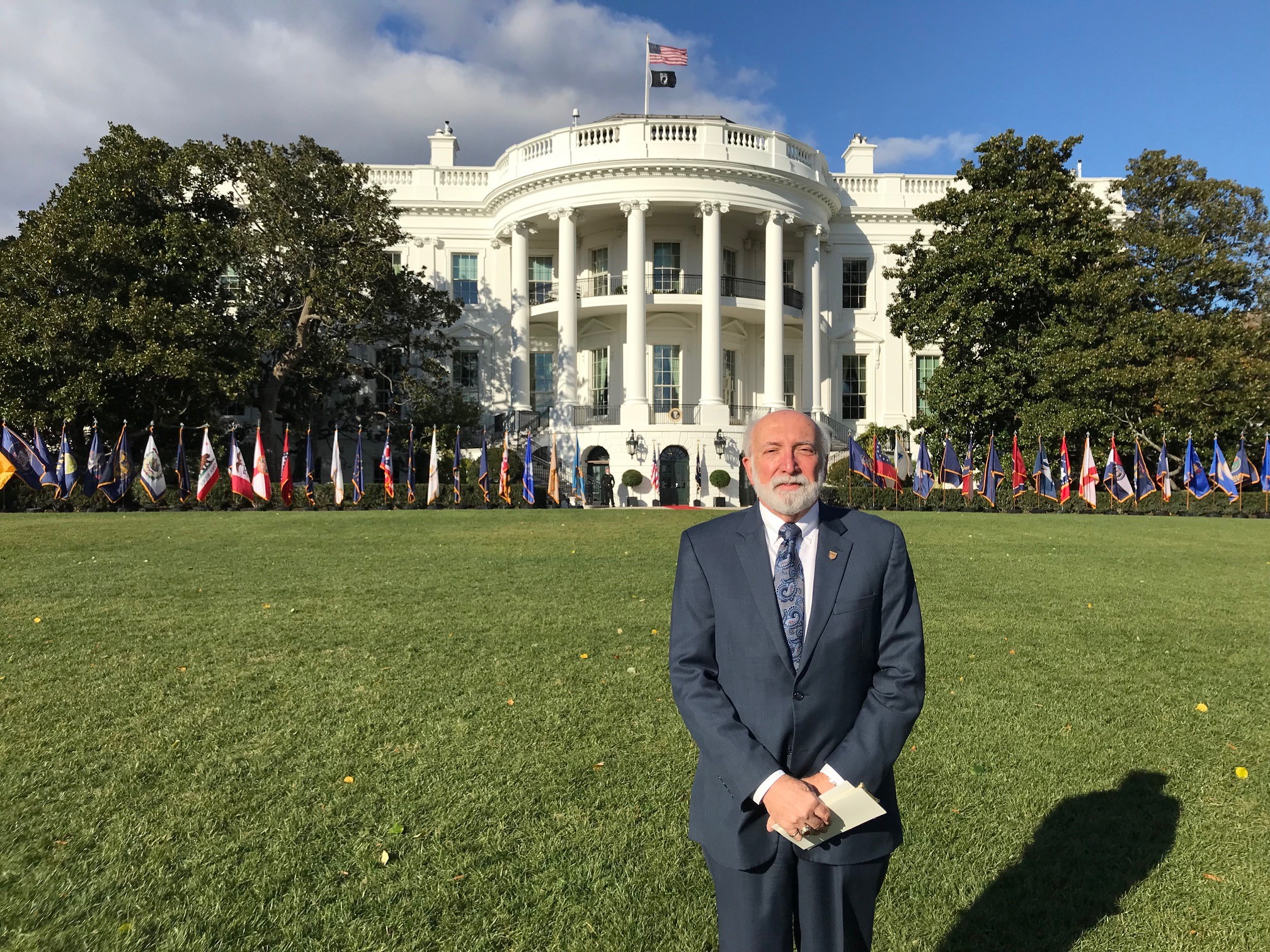 Dennis Truax
Dennis Truax As ASCE members participate this week in the 2022 Legislative Fly-In – many of them visiting Capitol Hill in person – the recent bipartisan infrastructure law is top of mind.
The $1.2 trillion investment came on the heels of ASCE’s 2021 Report Card for America’s Infrastructure and months – truly, years – of member communication to their elected leaders.
ASCE President Dennis D. Truax, Ph.D., P.E., DEE, D.WRE, F.ASCE, spoke with Civil Engineering Source about the bipartisan infrastructure law, how it’s changing the future of the industry and infrastructure advocacy work.
Civil Engineering Source: How do you think the recent passage of the bipartisan infrastructure law buoys spirits or changes the tenor of the Legislative Fly-In this year?
Dennis D. Truax: After more than two decades of documenting the need for infrastructure investment through national and state infrastructure report cards, dozens of fly-ins, and countless meetings with legislators by volunteers and staff, the 2022 ASCE Legislative Fly-In starts with a note of pride and optimism on the part of those participating. We have succeeded in starting the process of improving our nation’s infrastructure.
Source: What are you most hopeful to see come from the bipartisan infrastructure law as far as the civil engineering industry goes the next few years?
Truax: Over the next few years as the investments in communities supported by IIJA materialize, I hope we see communities gain a new understanding and appreciation for just how important civil engineers are in creating a strong socioeconomic foundation and crafting a better quality of life for all of us.
Source: Is there a certain kind of project or a certain skillset that you think will be of most value as this investment starts to shape the industry?
Truax: While all the expertise characterizing civil engineering will be needed if IIJA is to achieve the needed goals, it will be essential that we effectively engage the communities we serve in the process of developing 21st century infrastructure so that we assure it is equitable in its benefits and costs.
Source: Who do you think stands to benefit the most from the bipartisan infrastructure law?
Truax: We all stand to benefit in different ways from the bipartisan infrastructure law we helped get passed in the fall. Engineers of all stripes will benefit as they gain new knowledge and apply it to improve our infrastructure. Communities will benefit as access to services and opportunities are improved.
Finally, commerce will benefit as individuals find they have greater resources, new mobility, and enhanced opportunities to live a rewarding life. If we do this well, the inclusiveness built into this law will ensure we all reap dividends from this investment in our nation.
Keep up with the 2022 Legislative Fly-In on social media with the hashtag #ASCE2DC.



